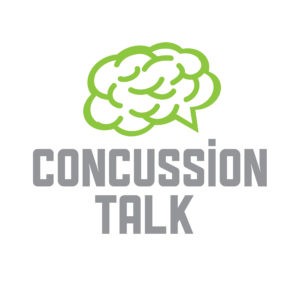In recent years, my “recovery” (more on why that word is in quotes later) seems to have gained steam and I’ve noticed more improvement, even though the accident that caused my brain injury occurred over ten years ago. I’m sure there are many physiological and neurological reasons why improvements would take this long, then again, maybe I haven’t improved that much neurologically or physiologically, maybe I just feel better in general and in my attitude toward “recovery”.
For the first nine or so years, I was focusing on trying to fix problems – I wasn’t able to do this or that, I was tired, my vision was messed up – problems that no matter how much I tried to fix, I could always improve upon, so I was reaching for a goal that couldn’t be touched. That kept me going, kept me striving. It also put me in a permanent state of dissatisfaction. There were times, of course, when I was depressed, but there were also times when I was happy. Happy, but dissatisfied.
All the while, I was pushing myself physically, in the pool, the gym, walking to and from work. I was also pushing myself mentally, through work, and through reading a lot, especially non-fiction books. My sister had told me for years that I should try Pilates, that she thought it would be good for me. I always had some excuse not to do it – I was working out and swimming, I’d try it eventually. Eventually came and I enjoyed Pilates from the start. I kept working out and swimming too, but I’d found a new form of exercise that I liked and that seemed to help me move better. Noticeable improvements.
That has made me ask myself some questions. Was it the Pilates that did it? Did all the hard work in the pool, at the gym, walking, start paying off and it just happened to coincide with Pilates? Even if it was Pilates, would it have worked that well if I hadn’t been keeping fit in the pool and gym?
I’ve found the answers to all of these questions: Who cares! As I’ve already mentioned in previous posts, I was recently in Toronto taking a Pilates teacher training course, and spending all of that time talking about movement, and spending this past week or so, watching the Olympics, I’ve begun to appreciate that improvement is in the eye of the beholder. If I didn’t have lofty, perhaps unreasonable, goals for myself, I never would have gotten to where I am now, but if I continue to think of those goals as expectations, then I’ll just end up being dissatisfied all over again.
It’s why “recovery” has become a bit of a tricky word in my lexicon. I’m no longer trying to recover anything. I’m not keeping fit so I can compete at the Olympics. When those athletes are injured, they are trying to recover the form they had before, the form that made them competitive. In a way, though I don’t move anything like I did before my brain injury, though I still have double vision, though I do get fatigued, I have recovered. I was playing sports and exercising because I enjoyed it. It made me feel good physically, mentally and emotionally. Now, although the activities are different, I enjoy exercising and participating in sports. They help me feel better physically, mentally and emotionally. Since I’m not, and never was, basing my life on physical competition (though I really enjoyed it!), this is my recovery – feeling good, staying fit and knowing that this is just part of life. It’s not a problem that needs to be fixed.
Nor is it something I have to “cope” with either. I live with my injury. Some people can’t swim. Some people have funny sounding sneezes. There are lots of things that make people different and interesting, or not interesting. You know that saying, “You only get one life. Make the most of it.”? There’s not only one way to “make the most of it”. Each of us decides what “the most of it” is. Â
